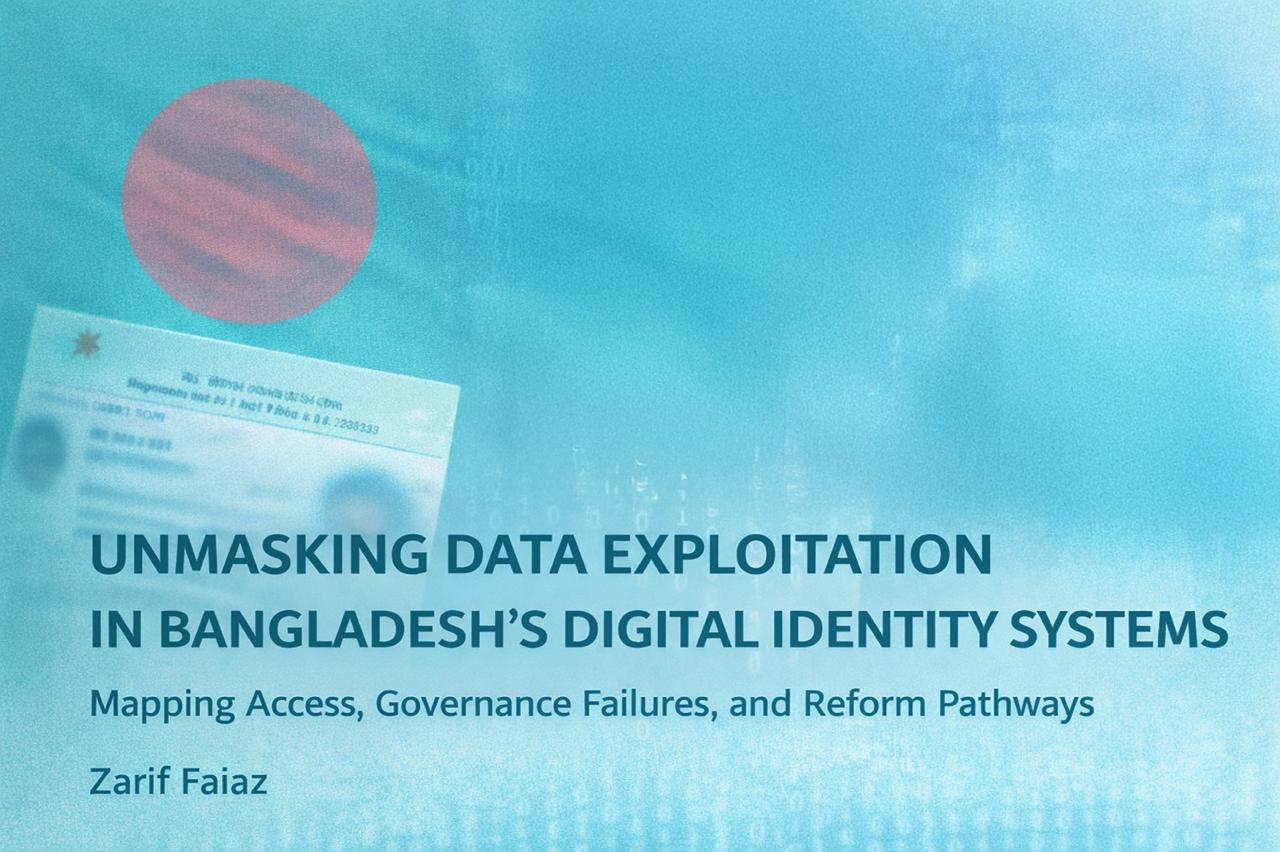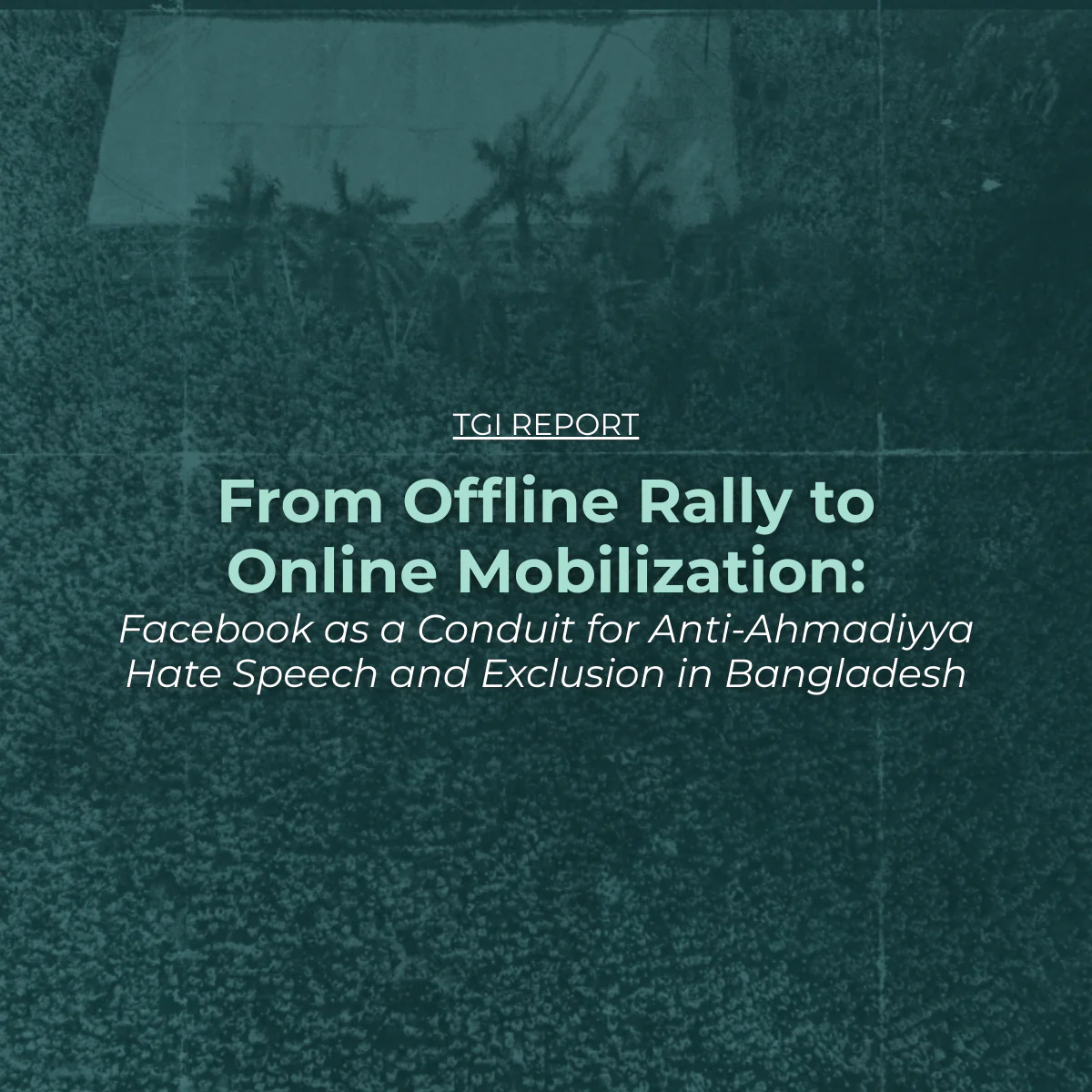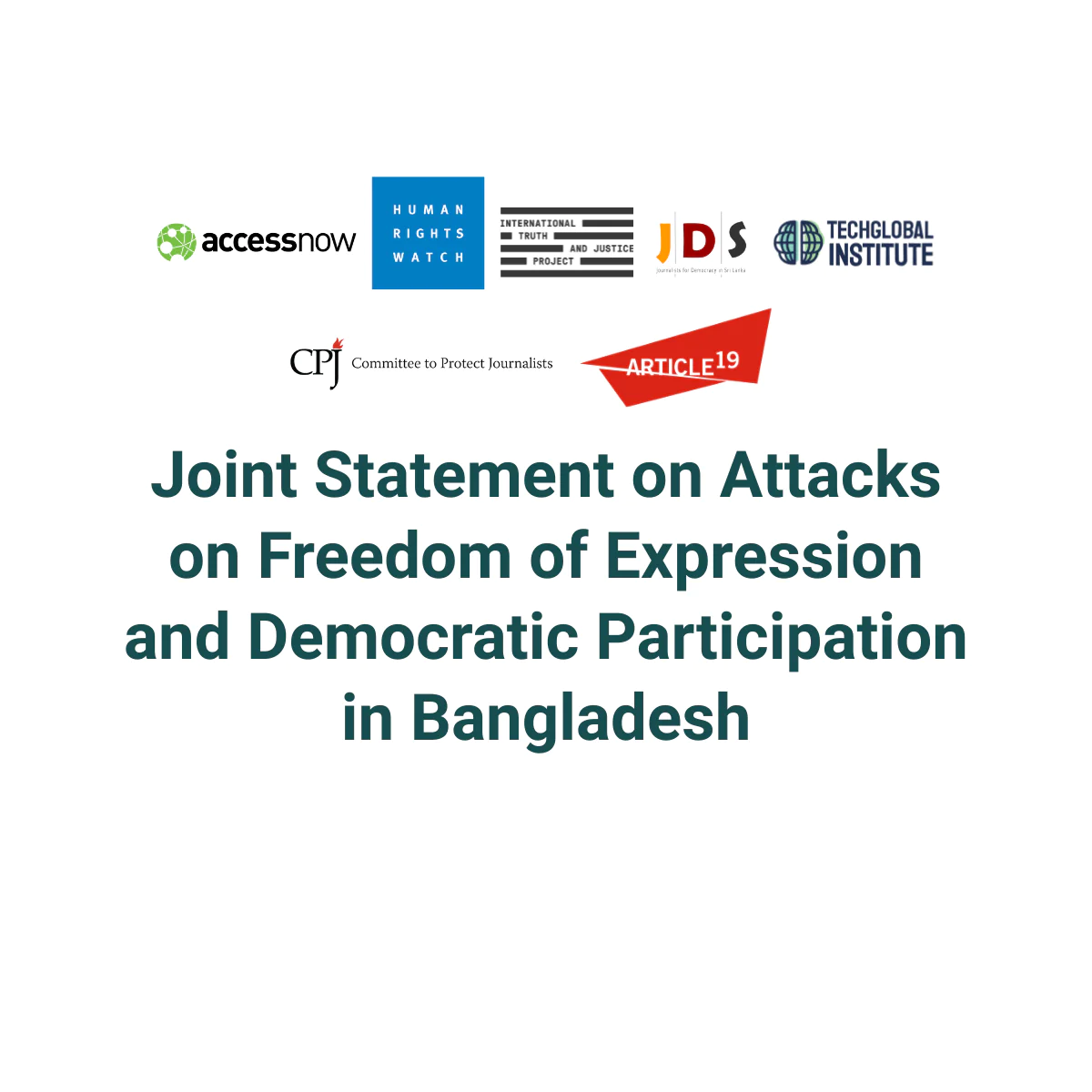This statement brings together voices from the Global South/Majority. If you are part of this community, we invite your endorsement via the form below.
Endorse Now
As civil society and human rights organizations from the Global Majority or the Global South, we issue this statement ahead of the WSIS+20 review to advocate for a digital governance ecosystem that is truly inclusive, representative, equitable, and accountable to the communities most affected by its outcomes.
Two decades after the World Summit on the Information Society (WSIS), the commitments made in Geneva and Tunis remain critically relevant. WSIS articulated a vision for people-centered, development-driven, and inclusive digital governance. Yet today, that vision is increasingly undermined by deepening power asymmetries and geopolitical divides that continue to sideline the Global South from key decision-making spaces.
The Global Digital Compact (GDC), which could have reinvigorated commitments to equity, has instead entrenched the exclusion of Global South communities through opaque consultations, inaccessible processes, and limited representation. There is growing consensus that global digital governance must be recalibrated through a multistakeholder model grounded in the NETmundial+10 principles to reflect the full plurality of regional perspectives.
In this context, we reaffirm the enduring value of the WSIS process and call for its revitalization and reinforcement. Below, we outline key priorities to guide the WSIS+20 review and strengthen the digital governance ecosystem going forward:
-
Reaffirm WSIS as the Foundation of Global Digital Governance
WSIS remains the most inclusive and authoritative multistakeholder platform for shaping the digital future. Despite its limitations, it has consistently placed people at the center of digital governance. Its foundational emphasis on development, inclusion, and rights continues to provide a critical counterweight to fragmented, exclusive, or interest-driven governance models.
As the GDC advances, it must be fully integrated into the WSIS framework rather than operate separately from it. Its core values, human rights, digital solidarity, sustainability, and shared prosperity, should reinforce and update the development-oriented vision of WSIS. This integration prevents fragmentation, ensures coherence, and aligns with the 2024 IGF consensus calling for the GDC to move from vision to concrete action.
-
Strengthen and Institutionalize the IGF
The Internet Governance Forum (IGF) has emerged as one of the few truly open, deliberative spaces in global digital policy. Yet, its weak mandate and limited resources continue to constrain its potential. We call for the IGF to be recognized as a permanent forum with the authority, resources, and the structural support needed to shape digital governance agendas, influence outcomes, and directly inform intergovernmental decision-making. As a WSIS outcome, the IGF should also formally support implementation of the GDC and other relevant international internet governance commitments. Achieving this requires concrete steps: empowering the IGF Secretariat with a clearer mandate and enhanced coordination capabilities; strengthening its intersessional work to ensure continuity and impact; aligning global, regional, and national IGFs to anchor policymaking in local realities; ensuring sustained and predictable funding, and strengthening Multistakeholder Advisory Group (MAG) for transparency and impact.
-
Guarantee Meaningful Inclusion and Representation
The Global South is not a monolith, but our regions share a historical legacy of exclusion and marginalization in global decision-making—from colonial-era imbalances to post-war institutions shaped without our voices. This marginalization has persisted in digital governance, including since the inception of WSIS.
WSIS+20 offers a chance to move beyond symbolic gestures toward structural inclusion. We call for institutionalized, transparent, and well-resourced mechanisms that guarantee meaningful leadership, participation, and agenda-setting power of Global South non-state actors throughout the policymaking cycle. Civil society, grassroots groups, women, youth, and Indigenous communities must be recognized as co-creators of global digital policy, with equal voice and influence consistent with the NETmundial+10 principles.
To enable full participation, we propose the following concrete measures:
- Dedicated support for travel, accommodation, visas, and timely access to agendas and materials;
- Equitable remote participation infrastructure—interpretation, translation, and scheduling tailored to bandwidth and time zones;
- Capacity-building tailored to Global South policy, technical, and linguistic contexts;
- Hybrid and decentralized event formats to broaden regional access;
- Predictable IGF host announcements to enable advance planning.
Without reducing these barriers, any commitment to inclusion remains rhetorical.
-
Update WSIS Action Lines to Address Emerging Challenges
We urge updating the WSIS action lines to address emerging challenges, particularly those posed by artificial intelligence (AI) and Digital Public Infrastructure (DPI).
Though broadly addressed in the WSIS action lines, AI demands explicit, focused attention, given the profound dangers it poses—from increasing inequality and eroding democracy to accelerating environmental harm. Updated action lines must establish global rights-based standards through processes that center the Global South in the norm-setting process.
At the same time, as private digital infrastructure shifts into public hands, this transition must be critically examined to ensure it does not simply replace one set of elite actors with another. DPI must be anchored in robust public ownership that is adaptable to diverse local contexts. It should be based on open-source technologies that embed transparency by default, privacy by design, and democratic oversight.
-
Build a Digital Economy that Serves the Public Good
The digital economy must serve people. As digital markets expand across the Global South, the CSTD WSIS+20 report sounds the alarm about the dangerous concentration of power among a handful of dominant tech actors. We demand an unequivocal rejection of the deregulation agenda and a decisive shift from digital colonialism to a fair digital economy—one that enforces competition laws to break up monopolies, regulates exploitative data-driven business models, protects platform workers with guaranteed rights, fair wages, and collective bargaining, and mandates digital corporations to reinvest in the communities that generate their wealth.
-
Align WSIS+20 Outcomes with the 2030 Sustainable Development Agenda
Digital transformation is not an end in itself. The WSIS+20 outcomes must explicitly link digital governance to the broader development agenda, ensuring that digital policy accelerates progress toward inclusion, gender equality, education, climate resilience, and equitable economic growth.
Achieving this alignment requires coherent integration between WSIS and the SDGs, along with sustained investment in digital capacity building for local communities. The SDGs cannot be achieved if the digital divide persists.
Conclusion
The WSIS+20 process must go beyond a retrospective review. It must reaffirm the value of inclusive, democratic, and rights-respecting digital governance, firmly anchored in international human rights law, while adapting to contemporary challenges. As Global South organizations, we are indispensable partners in this mission—bringing lived experience, collective expertise, and vision to shape a digital future rooted in global solidarity.
Signatories
- Aláfia Lab
- Body & Data, Nepal
- Collaboration on International ICT Policy for East and Southern Africa (CIPESA)
- Data Privacy Brasil
- Digital Rights Nepal (DRN)
- Dukingire Isi Yacu (DIY)
- Freedom Forum, Nepal
- Indonesia for Global Justice (IGJ), Indonesia
- IT for Change
- Myanmar Internet Project
- Paradigm Initiative
- Safer Internet Lab
- Tech Global Institute
- TEDIC, Paraguay
- Voice for Voiceless24, Bangladesh



